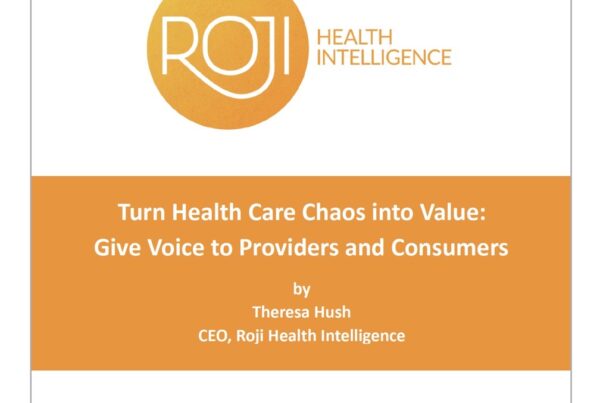
January 15, 2020
Can Consumers Be the Answer to Health Care Cost Control?
In the intense ramp-up to accepting Value-Based Health Care payment models that include financial risk, providers have implemented an array of technologies and programs to improve cost performance. They are in a race against time. Capitation is re-emerging as a dominant payment type under Medicare Value-Based Primary Care Models and commercial contracts. Alternative Payment Models demand payback for excess costs. In the crunch, however, the most important health care goal is getting lost: how to reduce long-term costs while improving patient outcomes. The most effective solutions will require more than just technology. They will require provider-consumer partnering, facilitated by consumer-focused…
Read More














